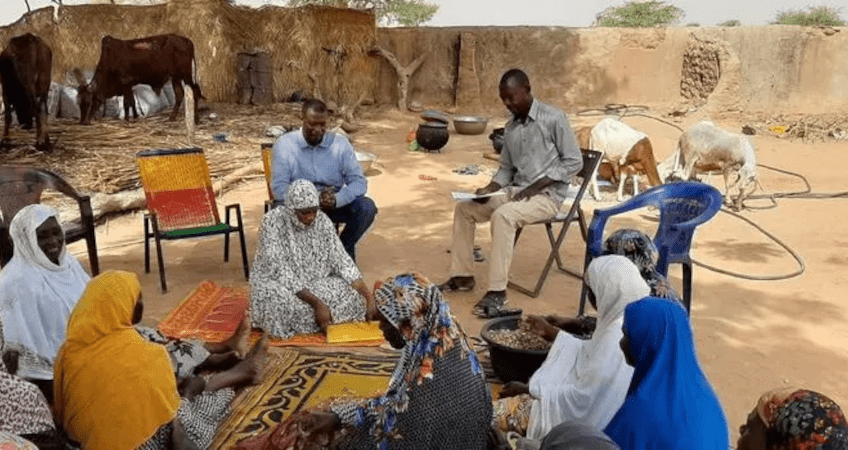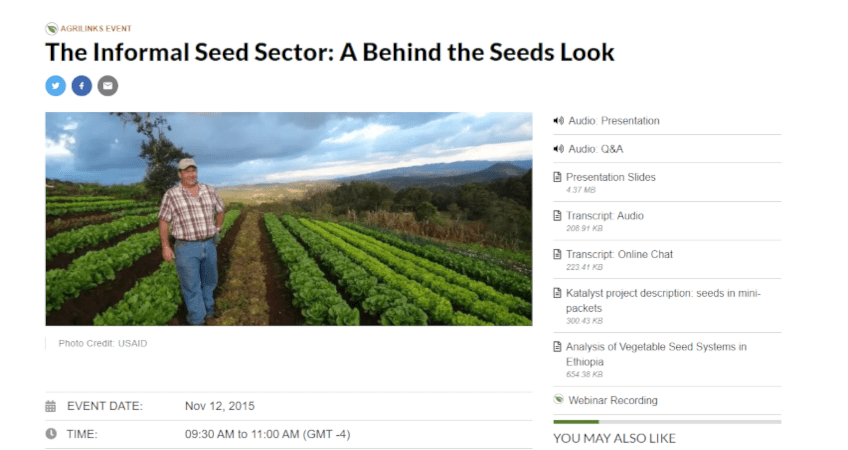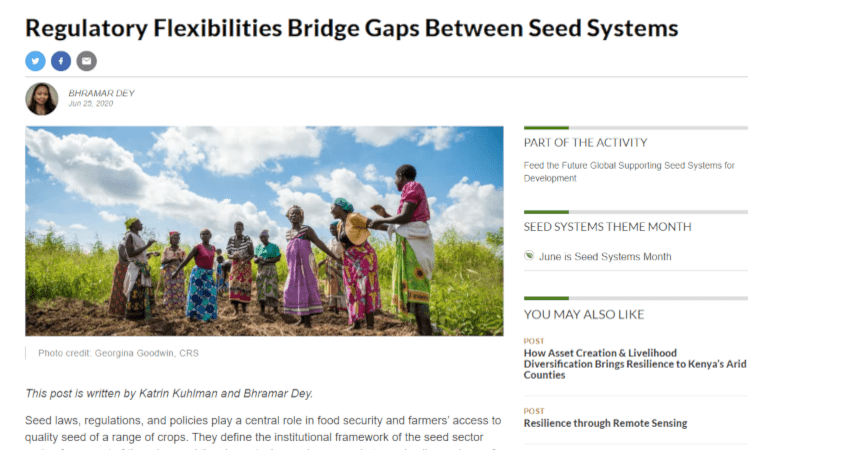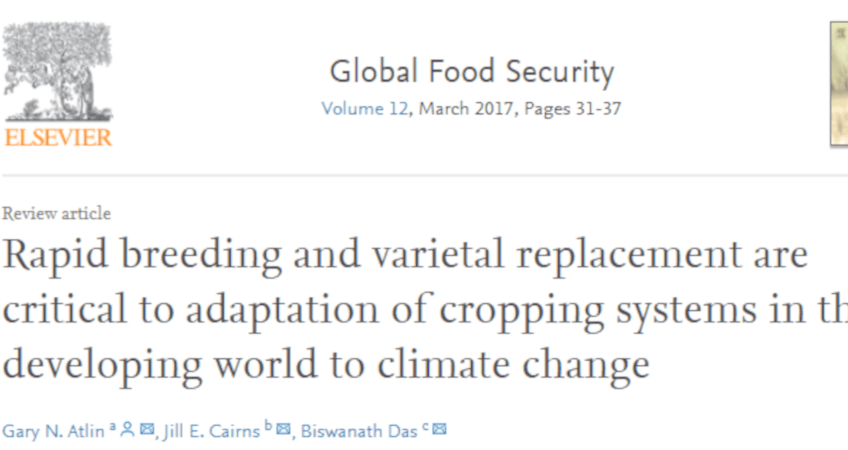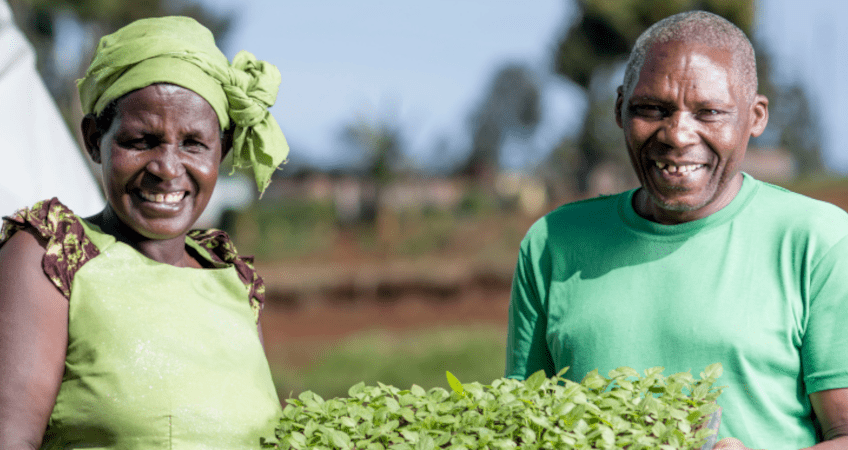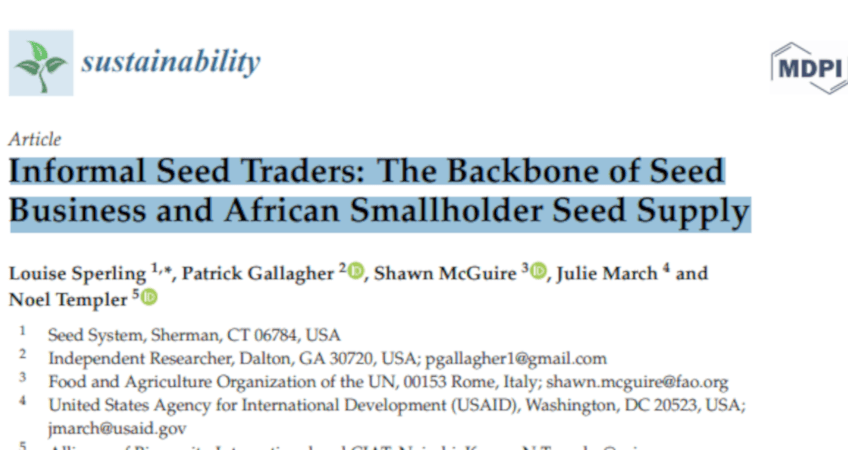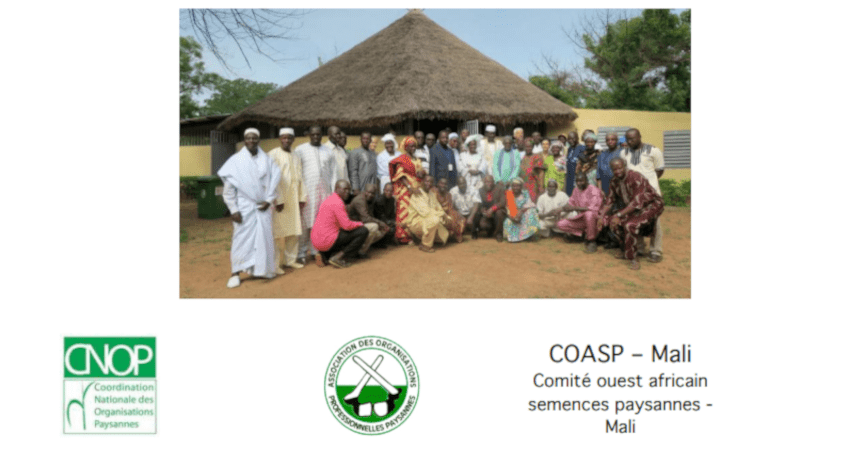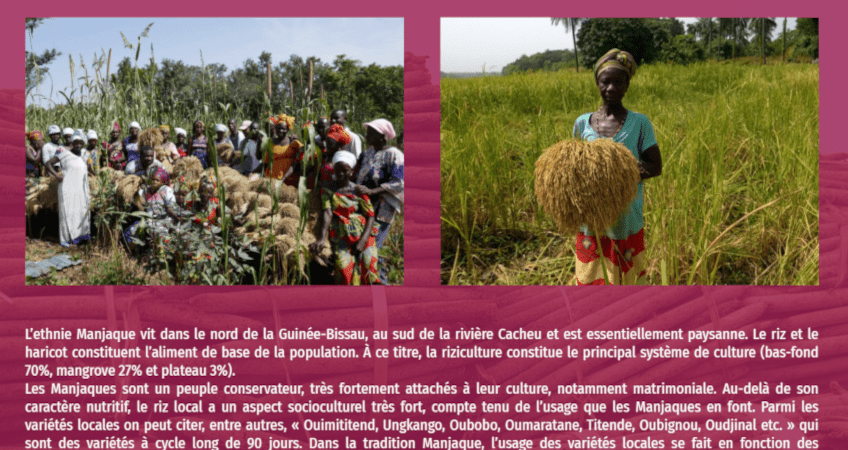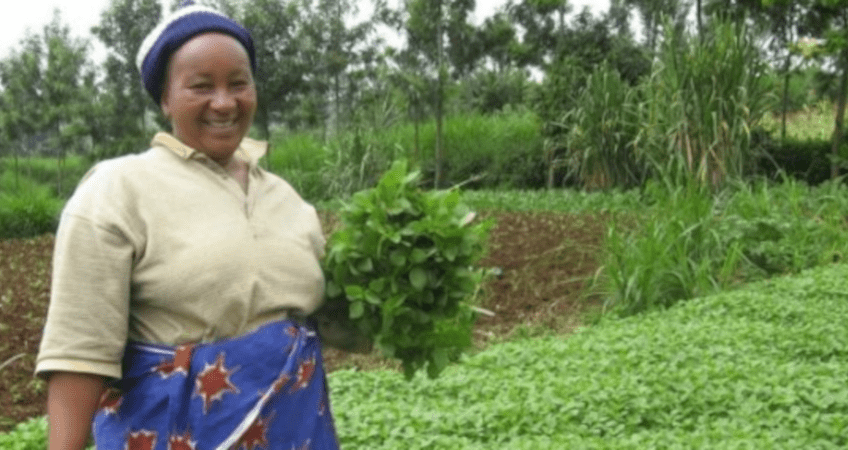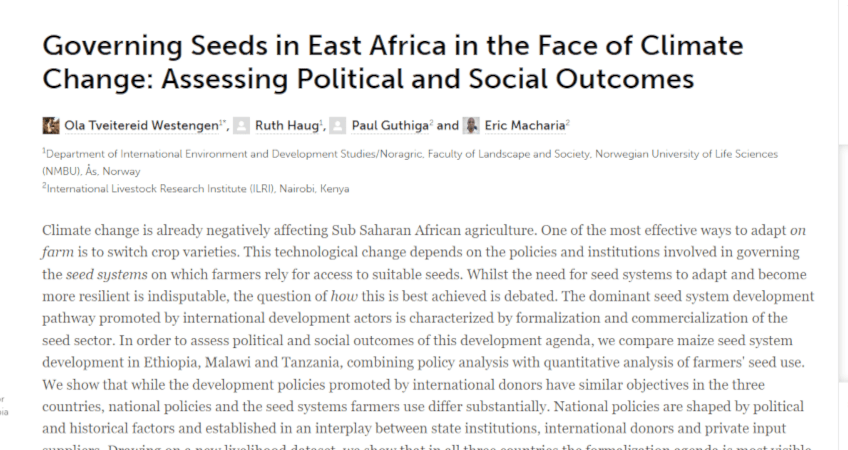
Week 37 – Research Paper: Governing Seeds in East Africa in the Face of Climate Change: Assessing Political and Social Outcomes
Author: Ola Tveitereid Westengen, Ruth Haug, Paul Guthiga and Eric Macharia; Norwegian University of Life Sciences & International Livestock Research Institute (ILRI), 2019
Topics: seed policies; climate change
Climate change is already negatively affecting sub-Saharan Africa agriculture. One of the most effective ways to adapt on farm is to switch crop varieties. This technological change depends onREAD MORE
